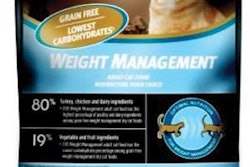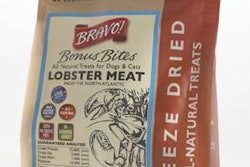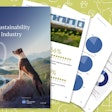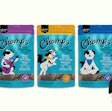Four years after melamine-contaminated petfood sickened and killed thousands of pets in North America, a New Jersey, USA, court opinion was issued to clear the way for settlement claims payouts.
The opinion by Judge Noel Hillman in the US District Court of New Jersey was the last piece of court action required to finalize the appeals of a US$24-million petfood settlement approved by Hillman in October 2008.
“I am hopeful that we can begin processing claims shortly,” said Lisa Rodriguez, liaison counsel for the multiple class-action suits covered by the settlement.
According to court documents, 24,344 claims were submitted by the November 24, 2008, deadline. Of those, 20,550 have been deemed payable, with the average claim about US$1,283. Allowed expenses included medical attention, lost wages, property damage and the price of replacement pets. The settlement covers claims by owners in the United States and Canada.
The melamine scandal was caused by Chinese suppliers, who spiked wheat gluten, wheat flour and rice protein concentrate with nitrogen-rich melamine, in an attempt to boost the ingredients’ apparent protein content. The imported, contaminated product ended up at Canadian petfood manufacturer, Menu Foods Ltd. The recall associated with the tainted petfood involved more than 150 petfood brands. The US Attorney’s Office estimated that about 1,950 cats and 2,200 dogs died, based on consumer reports received by the US Food and Drug Administration.
A 3rd District US Court of Appeals reviewed the matter and concluded in late 2010 that the settlement was “fair, reasonable and adequate,” with the exception of one issue that needed further clarification. That issue related to the limit of purchase claims to a maximum of US$250,000. The latest opinion filed by Judge Hillman lays out why that purchase-claim limit also is “fair, reasonable and adequate.”
















